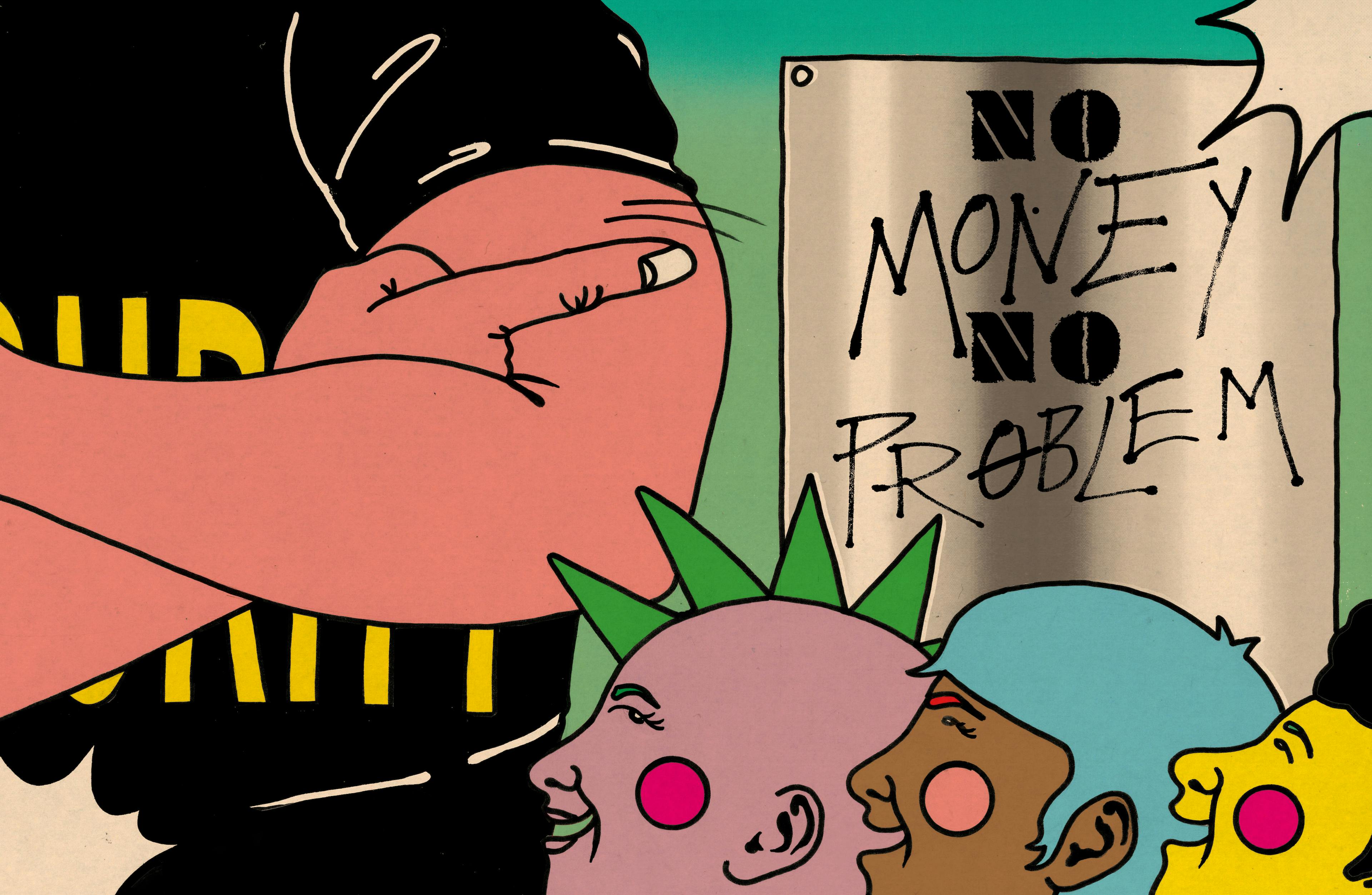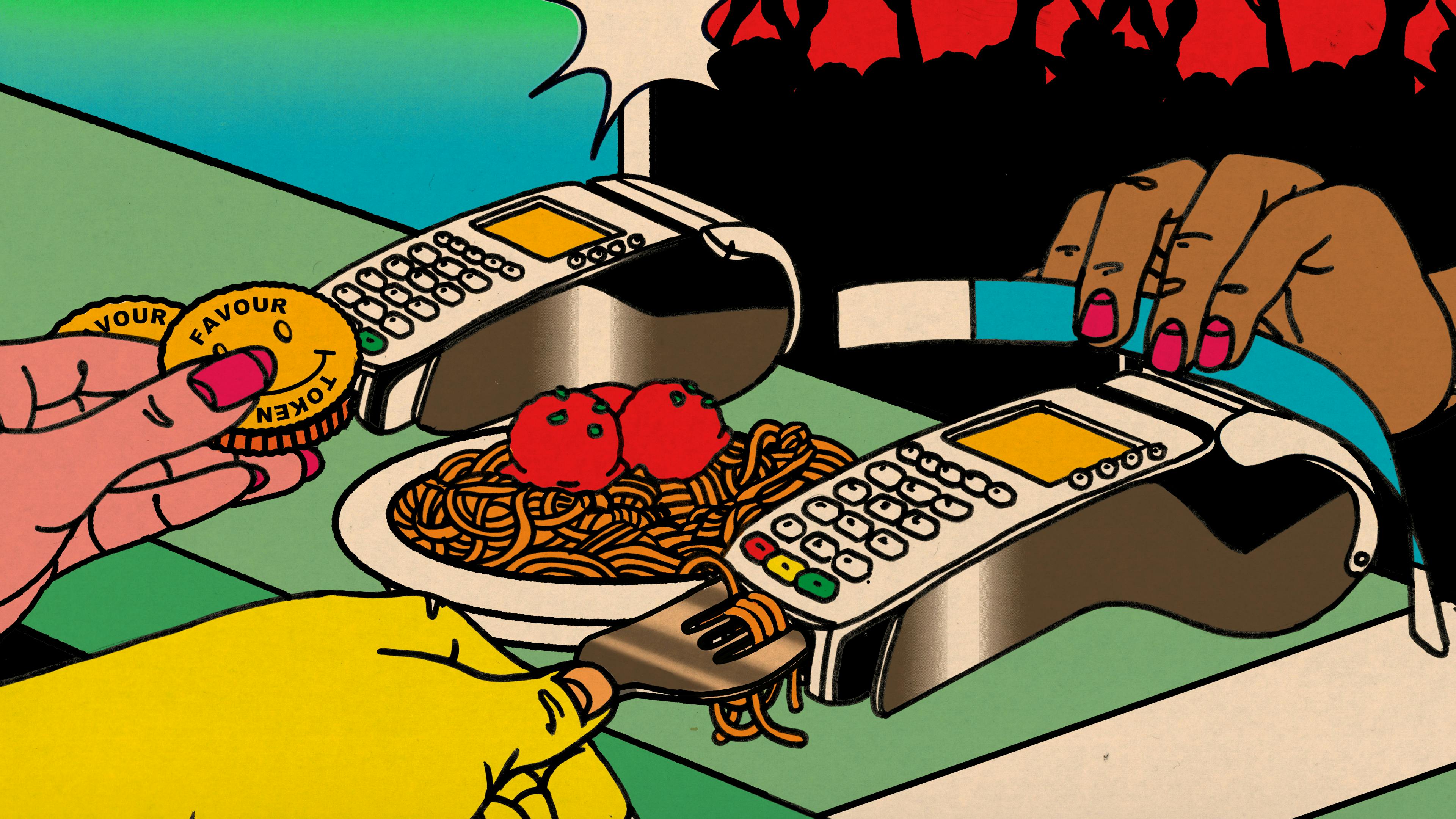While live music venues are far from the only arts spaces offering such models to ease the squeeze (The Barbican has started offering Friday screenings at pay-what-you-can rates; and a new Ticket Bank scheme will soon distribute up to 1,000 free tickets a week to shows at some of London’s leading cultural institutions), Joe believes live music offers a unique escape from the daily grind.
“Experiencing live music is quite cathartic. If that was to be taken away from people, whether by choice or not, based on expenses, I feel like it could have a negative effect on their mental health,” says Joe. “Listening to an album at home is nothing in comparison to experiencing it live. Yes, you might get the same goosebumps in both settings, but you won’t get that overwhelming feeling of being within it.”
Sammy echoes this theory. “I think it’s vital during such a dark hour that you meet up with some friends, or share a room with a group of people with whom you can probably guarantee you share some values with, and have that feeling of communion with other people – because it’s very easy to feel isolated at the moment. Sometimes, you can come out of a gig feeling like you’ve just come out of some kind of spiritual, sermon-like experience. It’s definitely more interesting, I would say, than going to the pub.”
Planning your next night out?
Explore events with tickets under £5 on DICE.

